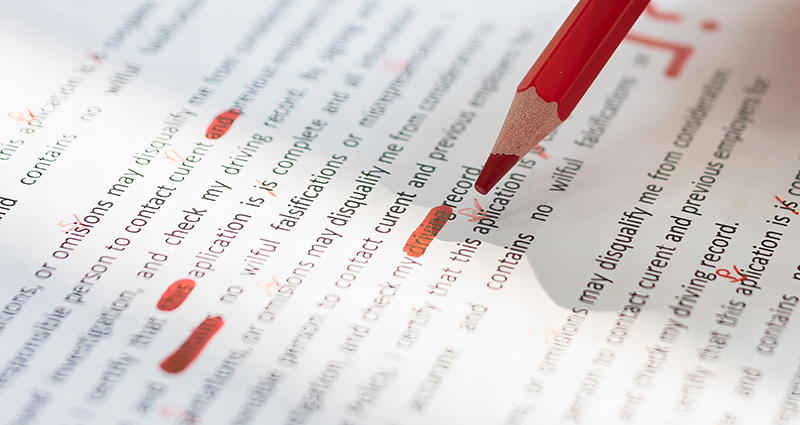When should you ask a reporter for a correction? Our general rule of thumb is: rarely.
In over a decade of public relations, the Mercom team has made correction requests only a handful of times.
Why?
Editorial teams follow a strict policy of correcting a story only when information is factually incorrect. Unfortunately, their definition of a factual error is often much narrower than that of the public. It is usually limited to errors related to names, titles, attributions, data, or company descriptions. Quotes are rarely corrected unless a transcript proves a misquote, and even then, only the language—not its contextual use—is addressed. Requesting a quote correction can risk the reporter paraphrasing it instead, potentially worsening the issue.
Mercom minimizes the need for post-interview corrections by thoroughly preparing clients before any media interaction. Our briefings go beyond standard reporter backgrounds, delving into the style and tone of their typical stories. This allows us to anticipate whether the reporter’s approach is likely to be positive, neutral, or confrontational. More importantly, we assess the likely angle of the story, enabling us to craft targeted interview questions, develop key talking points and soundbites, and recommend relevant data points for clients to prepare in advance. This comprehensive preparation ensures our clients are well-equipped for any media scenario.
Anticipating story angles before an interview is easier said than done, especially with Tier 1 national journalists. High-level media do not tend to provide much insight into their angle, questions, or interview approach. Mercom’s weekly, and sometimes daily, engagement with trade, national and global media, our specialization in the clean energy sector, and journalists’ reliance on Mercom’s research has allowed us to foster much stronger relationships than typical PR agencies. This insight helps us understand potential story angles and brief clients more effectively.
If a correction is necessary, approach it carefully. Journalists take pride in their work, so asking for a correction can sometimes bruise egos. Additionally, editors typically restrict corrections to cases of clear necessity to uphold readers’ trust in the integrity and accuracy of the publication.
Before requesting a correction, consider these questions:
- Was it a genuine error, or might the journalist have misunderstood something you said?
- Does the change materially impact your company?
- Is the correction worth potentially straining the relationship with the journalist?
- And finally, what would Mercom advise?
When asking for a correction is the only solution, Mercom does not advise clients to do this independently. Our thoughtful approach, based on our long-term media relationships and understanding of how they operate, conveys respect, avoids conflicts, and preserves relationships between clients and journalists.

